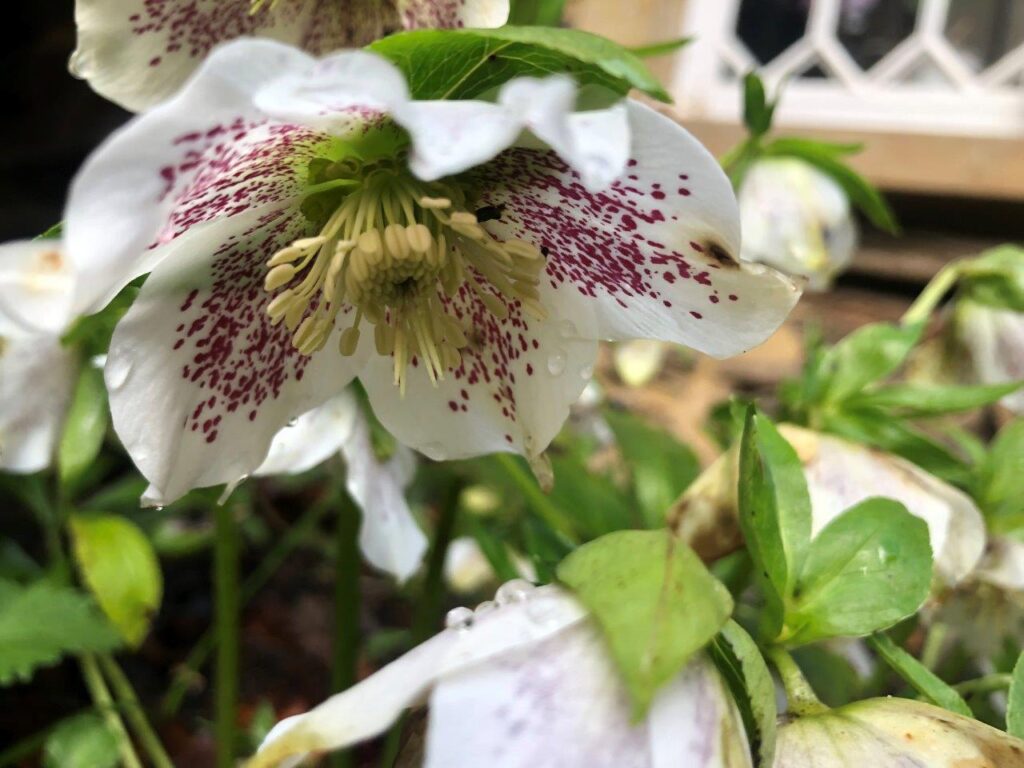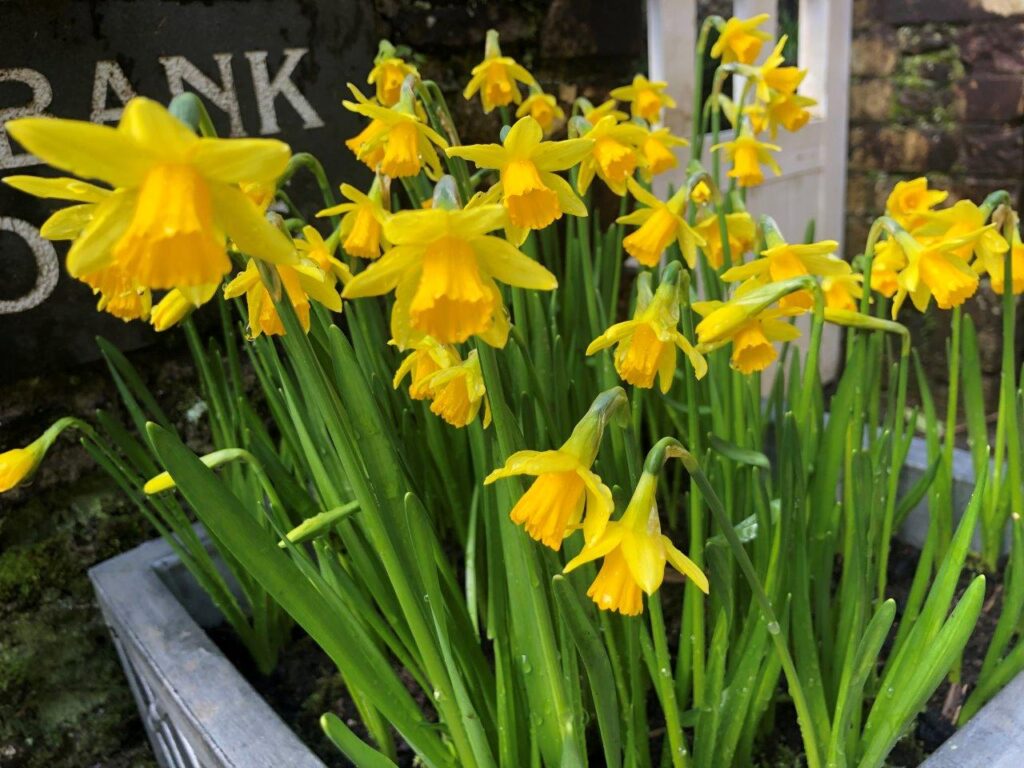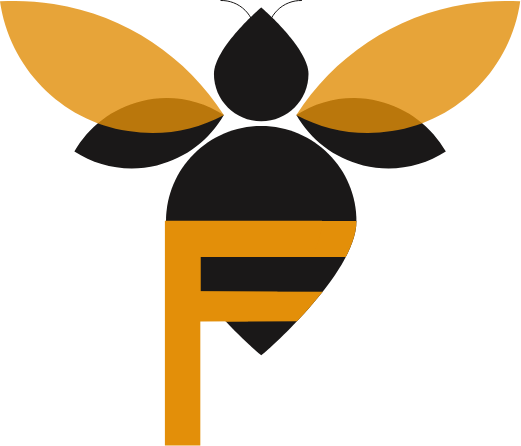MARCH 2024
Well stand by your hive tool, and get set for the start of the beekeeping season!
The weather has been up and down over the past few weeks – some frosts but many warmer days when my bees have been going mad! The fact that my bees are flying and that I have seen pollen going in, is great. I got a bit too close a couple of weeks ago and had my first near sting of the year – I tried to wallop the angry bee and gave myself a black eye…
1. What’s going on in the hive?
Bees will be flying every day this month whenever the weather is suitable, for cleansing flights, orientation flights and foraging. Keep checking the outside of your hives – there should be a steady flow in and out, and ideally pollen going in. The queen will be laying now in preparation for the spring. This is a vulnerable time for the hive, when the queen is increasing her laying whilst last year’s bees are dying off, so they may need some extra help until the new foragers get going, so keep an eye on stores.
2. Check your hives
Do not be tempted to inspect your bees until the temperature is high enough or you will put undue stress on your colonies, and chill the brood! The weather forecast for the next couple of weeks is up to 11 °C – not warm enough yet but maybe towards the end of the month it will be a bit warmer!
So, content yourself with observing the hive entrance, and watching the bees come and go on a warm day (but not too close…).
If you have had any winter losses, seal or remove the hive to prevent robbing – in case disease could be spread in this way.
If there is a warm day (above 15 °C) later in the month you could go in for a quick first inspection. Make it brief, just check:
- Stores
- Scan the brood nest for signs of foulbrood and other brood diseases.
- Check frames and the entrance for yellow/brown stains – some is normal but if there is a lot, it could be a sign of Nosema. You can read about Nosema on the NBU’s Beebase website and in their Common Pests, Diseases and Disorders leaflet.
- If you don’t see the queen, make sure you can see eggs and larvae in all stages.
- Do they have enough room? If not, add one of those ready prepared supers you have in your shed! If the colony is doing well, you could add a queen excluder between the brood box and the super.
Don’t forget to make records about what you see.
Mouse guards can be removed and replaced by a door later in the month. You could also add a varroa board so you can start monitoring varroa.
3. Get ready for spring!
What you can usefully do now, is to do some planning – have a swarming plan ready to go, with a bullet point list of actions and the necessary equipment to hand! In my experience, signs of a colony thinking about swarming never happens at a convenient time, and having succinct notes and all the gear ready makes it much easier to handle. Think about what you want to achieve – do you want to increase your colonies, or keep to the number you have?
I will be planning a Demaree on a couple of my hives when it is warm enough, and I am going to ‘checkerboard’ another to see how that works – I went to a talk on this at the National Honey Show last year.
I am also going to try something new – last year I bought a foundation mould online, and had a go at making my own foundation. It was not easy to get a neat frame of foundation and it turned out a bit thick but I will keep practising (I made rolled candles with my best bit and won first prize for them at the Farnham show – the homemade foundation swung it apparently). Anyway I thought I would create some starter strips and use those when I am doing my demaree and see how that goes – I will report back (wish me luck!). If it works, it will save me some money on buying new foundation every year.
4. Check the larder
Spring flowers are appearing in my garden which are a joy to behold. The recent constant rain has taken its toll though – many flowers looking somewhat bedraggled and washed out, but the hellebores still stand proud!




